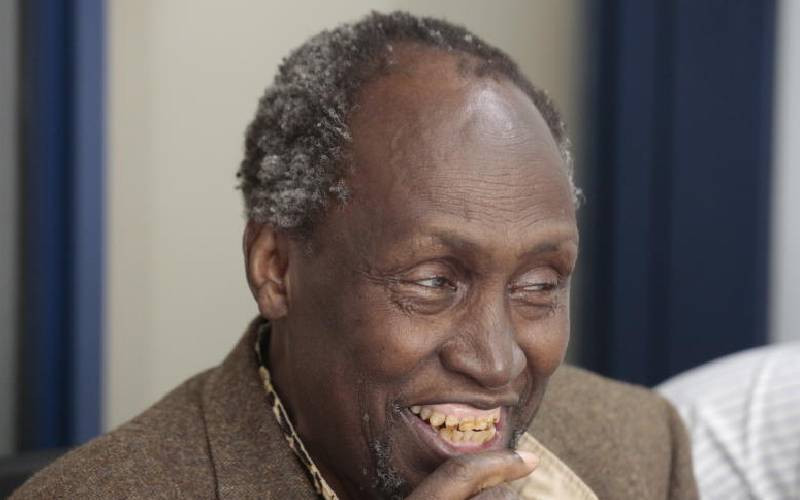
Early last week, Mukoma wa Ngugi, writer, professor at Cornell University, and Ngugi wa Thiong'o's son, wrote online about the grief that he feels at having his mother's memory erased and her voice silenced. This was a sentiment that he had shared with the world before.
However, this time around he also alleged that some of his earliest memories were of his mother seeking refuge away from home because of his father's physical abuse of her. Seemingly out of nowhere, he was revealing that Prof Ngugi, arguably Kenya's most prolific author and intellectual, had repeatedly beaten his (Mukoma's) mother Nyambura.